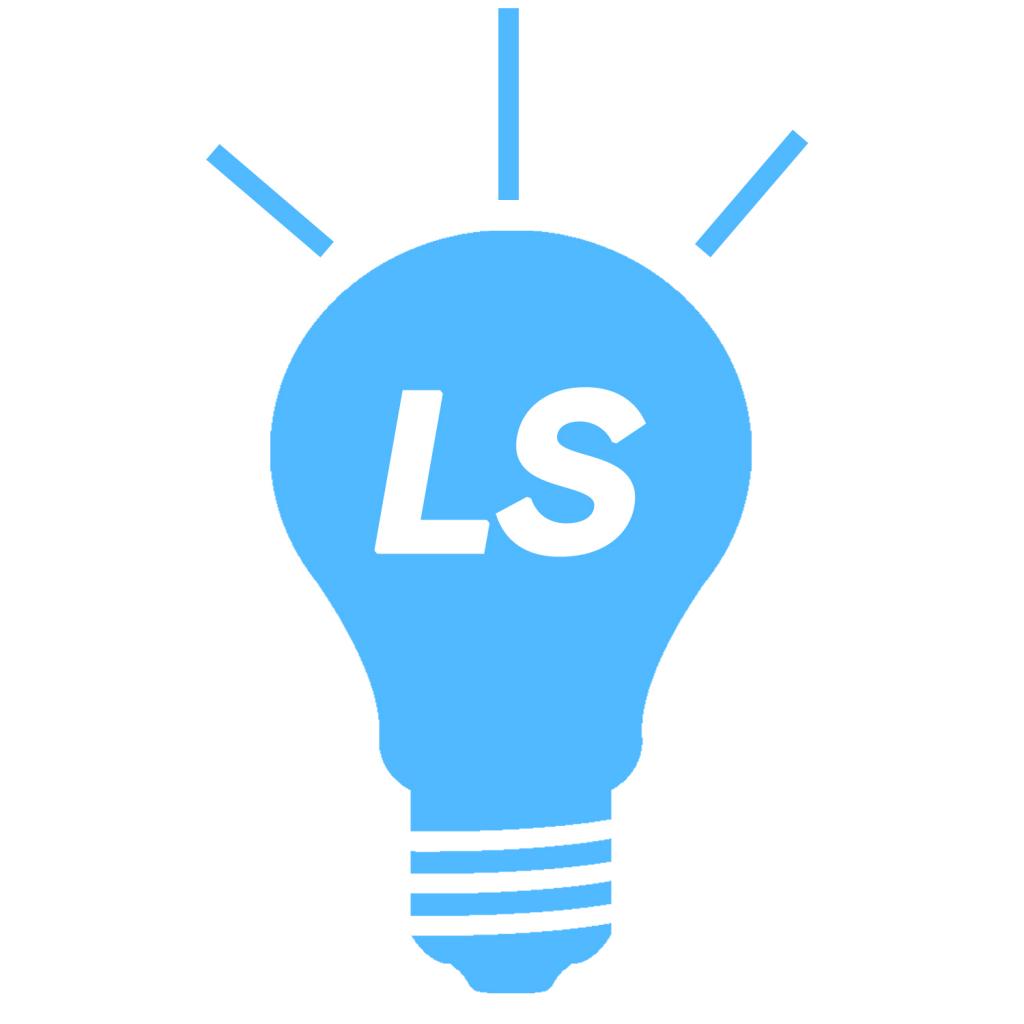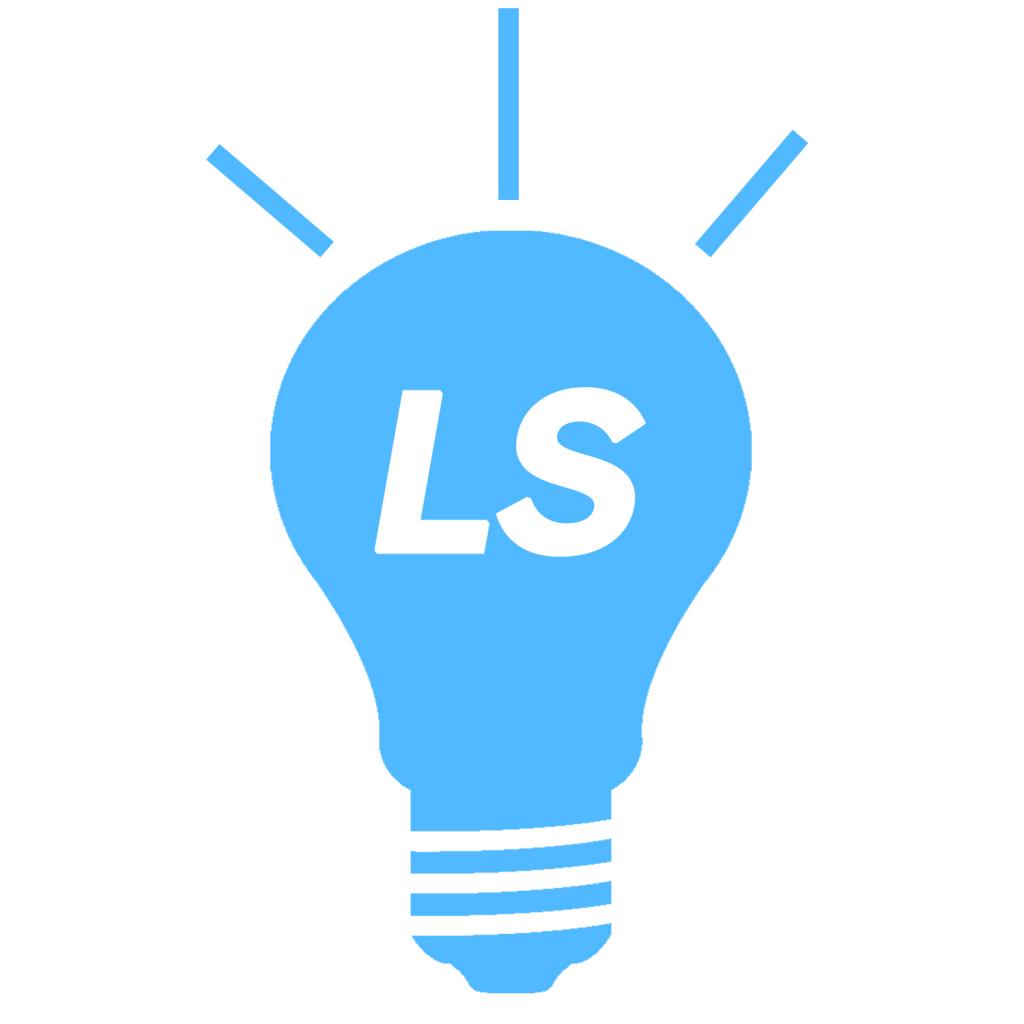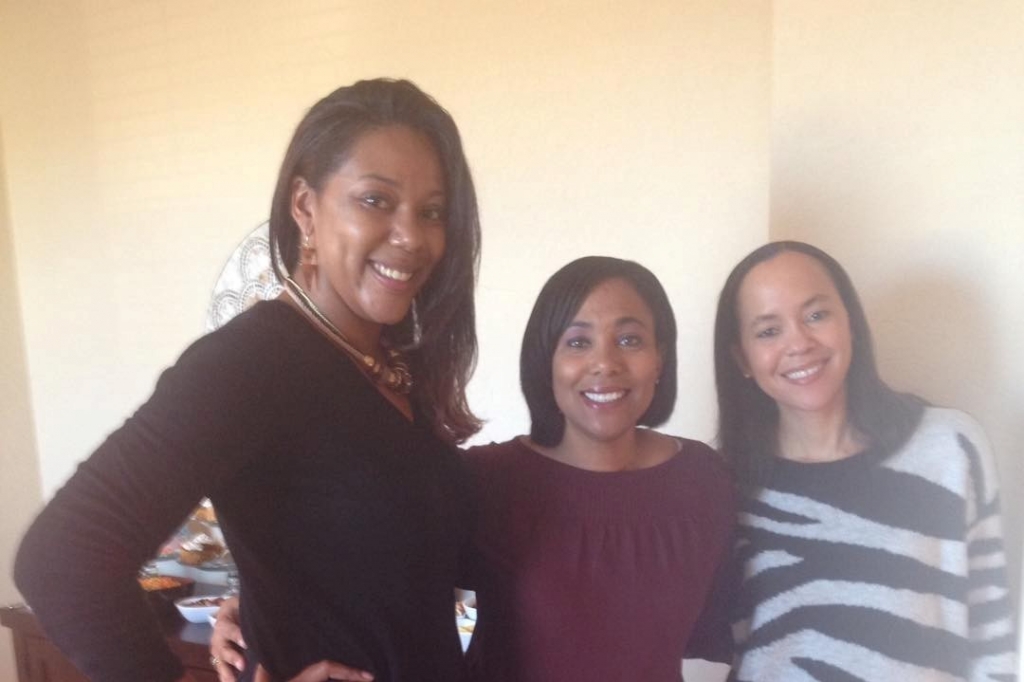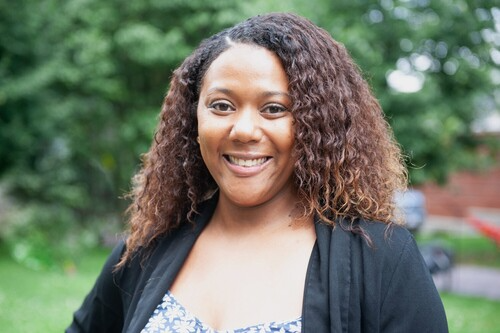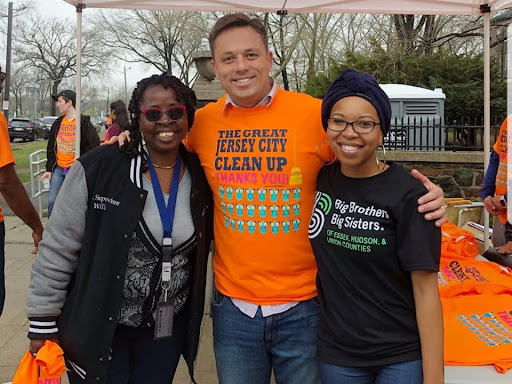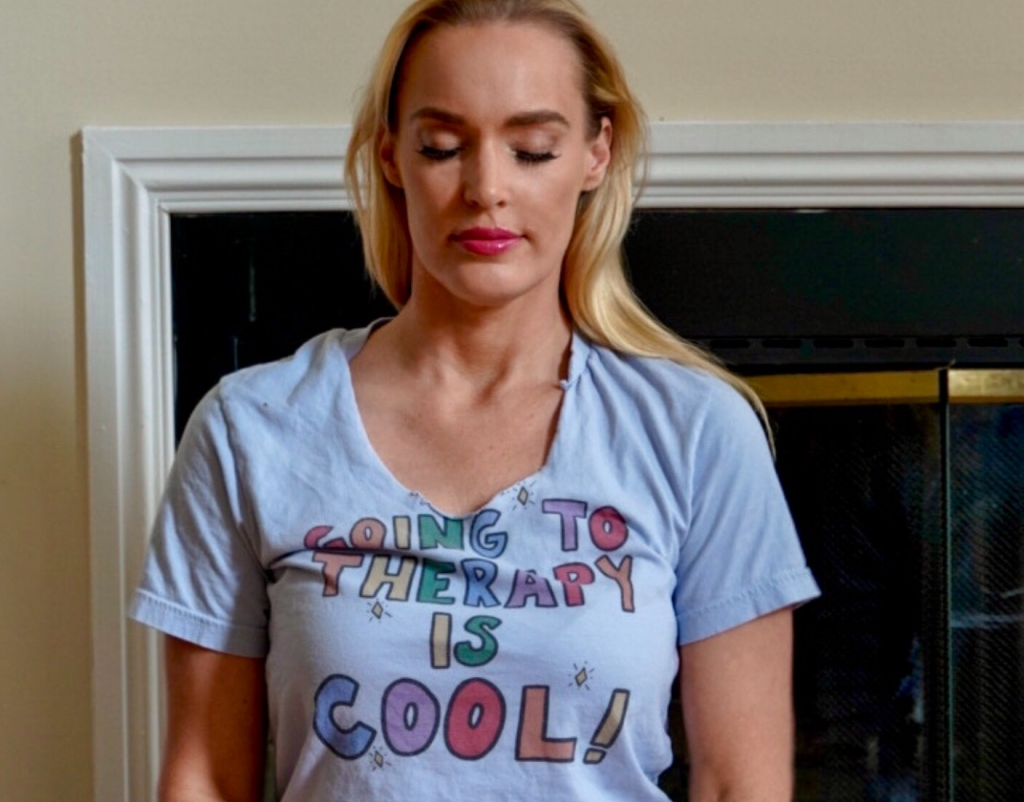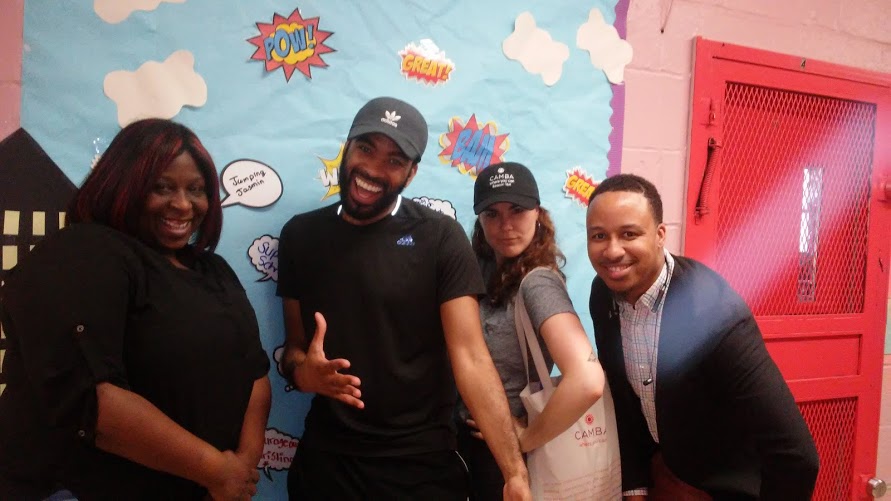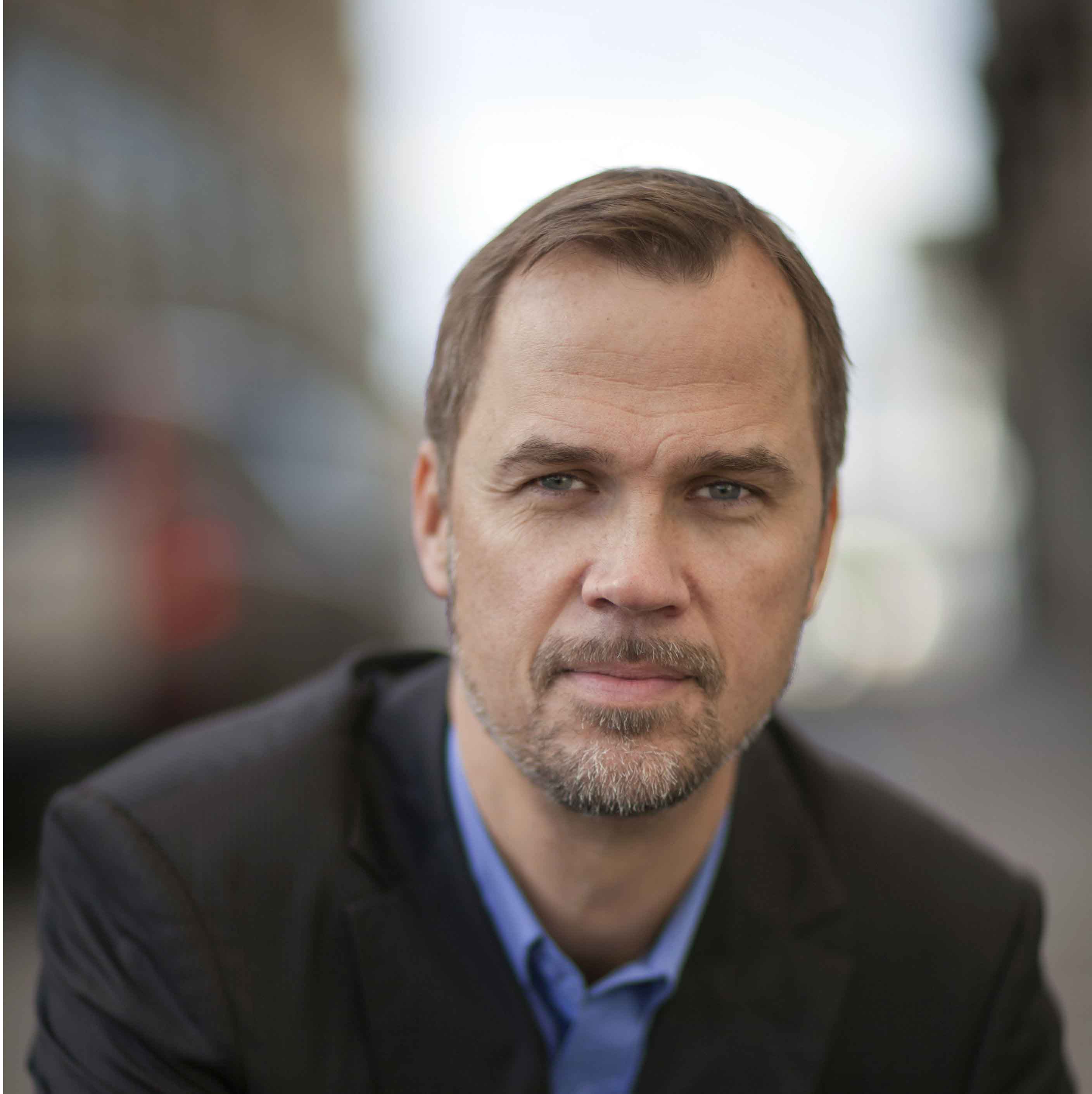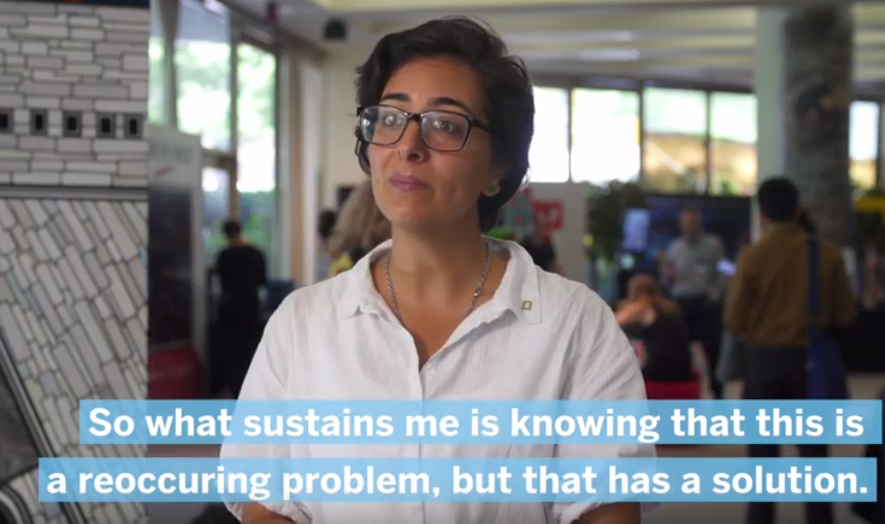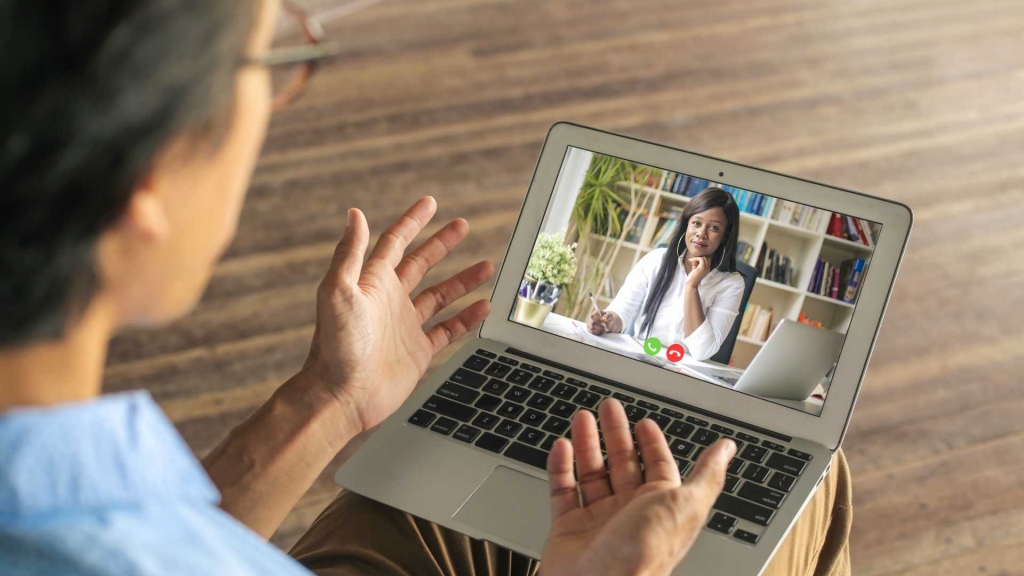
Have you ever wondered what an executive coach could do for you, as a social purpose leader?
Coaching, long common among C-Suite leaders in the private sector, is increasing among leaders in the nonprofit sector. Coaching differs from mentoring in that it is typically a shorter-term, structured training focused on specific leadership development, while mentoring is more often an ongoing relationship-based form of guidance.
Shushanna Abovyan, a nonprofit leader based in Armenia (and LeaderStories' engagment manager) who attended the 2020 American Express Leadership Academy, where she was paired with a coach who became her mentor, Dr. Geri Lyons. Access to executive coaching is a signature component of the Leadership Academy, grounded in the belief that leaders in our sector deserve the same in-depth supports that help leaders in any line of work boost their own well-being, leadership abilities, and impact.
LeaderStories checked in with Shushanna and Geri, to get their reflections on the experience and the value of executive coaching for emerging for-purpose leaders. Here are their experiences and insights.
Shushanna Abovyan, Mentee
How did you hear about the American Express Leadership Academy?
This chapter of my leadership journey started in the fall of 2019, when I became an Atlas Corps Fellow serving the American Express Leadership Academy Global Alumni Network. My duties involved supporting the overall strengthening of leadership development in the nonprofit sector, coordinating the alumni network, managing the global Alumni Summit, helping develop and improve communication, and dissemination of best practices. As part of my professional development, I was given the opportunity to participate in the American Express Leadership Academy in New York in 2020.
What made you join the Academy and what was your experience like?
No words can describe how much I was looking forward to connecting with fellow global nonprofit leaders at the Academy to engage, share and connect.
Being the type who likes to plan ahead for everything, I already had tons of ideas for things to do while attending the Academy in New York. Unfortunately, the COVID-19 pandemic began—and for the first time in my life I was unable to plan ahead. It was really difficult for me to put my life on hold. I was away from home and realizing that I was already nearing the end of my Atlas Corps fellowship. I was reflecting on the opportunities that I have missed, and most probably will miss.
But thanks to American Express and the Center for Creative Leadership, the Academy still took place—online. Although it was virtual, it was a huge success. You probably want to know what made the virtual Leadership Academy successful, and I am very happy to brag about it.
What made the virtual Academy experience work well?
I think the core element of the Academy that made it so successful was the sense of community. Both the facilitators and the participants were so engaged. The break-out sessions and group conversations helped us to get to know each other and gave us the chance to dive into deeper conversations later. We talked about our own leadership challenges, the weather, our families, and even coffee! And when you are comfortable enough to share the simple things of your day with people that you haven’t even met before, it means that you have started building community ties.
Just like during in-person events, we all reflected and gave feedback on what we learnt during the day. This practice created a very cozy and safe atmosphere where everyone felt comfortable to share and listen. Not only did we share our key takeaways, but we also gave and received feedback about our leadership styles. It was phenomenal to see how all the participants helped each other in the group with good suggestions and made others feel at ease.
What was your experience with the executive coaching part of the Academy?
I will go ahead and say that for me, this was the signature of the Academy.
This was my most significant experience.
This was my first experience working with an executive coach and also my first time having such a valuable engagement with someone to assess my strengths and weaknesses, development opportunities and the image I create as a leader. I started with getting a 360-degree feedback from the people around me. I have always received feedback from my supervisors during our regular evaluations, but I have never had the chance to receive confidential and anonymous feedback from the people who work around me, including my managers, peers, and direct reports. This process helped me identify my strengths, development needs, and see myself more clearly. 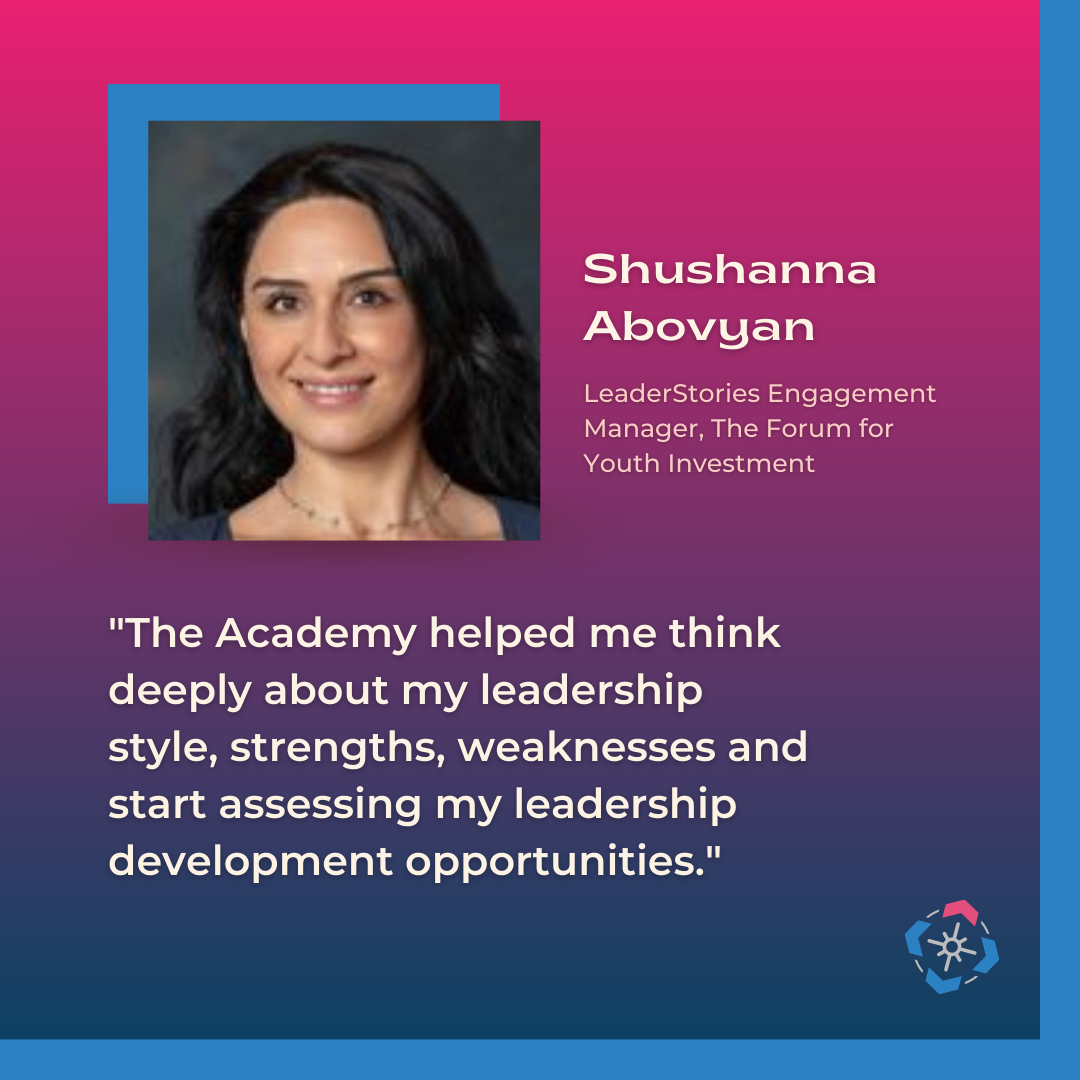
The major thing that surprised me about the feedback I received was the similarities. I was very strategic when choosing the group of raters and I made sure I have a very diverse group. But surprisingly enough, these people who have interacted with me in different situations all said very similar things about me as a leader. Just to name a few: professional maturity, empathetic, proactive, community-minded, people’s leader, and creative.
Throughout the coaching engagement, my coach, Geri, helped me build skills to see myself more clearly, and to challenge myself. From the very beginning of our coaching sessions, Geri helped me to set goals based on the assessments and it gave me the opportunity to reflect more and to leverage my existing strengths that I was underestimating.
Did you get to meet your coach Geri in person? How did you feel at the end of the coaching sessions?
It is of course unfortunate that I didn’t get the chance to meet Geri in person, but I feel that one of the advantages of executive coaching is that we can still talk by email and over the phone and still get all the benefits. My coaching experience was completely virtual. My coach has been a powerful and useful support for me to become clearer about my goals and dreams and help me build more productive relationships.
Thanks to Geri’s advice and the coaching sessions, I successfully had a career transition in these times of uncertainty, and I am very excited for this new chapter of my leadership journey.
Do you have any final thoughts?
I can’t stress enough how important it is to make sure the events, especially the virtual ones, include some fun activities. Whether it’s a short yoga session, cooking tips, or music, all of these offer a fantastic chance for the participants to mingle in a less formal setting.
We had several stretching sessions during the day, which I think most of us were looking forward to. During the lunch breaks, we enjoyed some music that was relaxing and created a space for us to talk about our hobbies.
Although it was virtual, I am happy to have attended this Academy. It helped me think deeply about my leadership style, strengths, weaknesses and start assessing my leadership development opportunities. I gained friends and colleagues who are great leaders making a difference worldwide. With this network, I feel more connected and supported and believe that we are resilient together!
Dr. Geri Lyons, Mentor
Tell me about being a social purpose and nonprofit leadership coach. What do you do?
As a licensed psychologist, executive coach, and adjunct faculty with the Center for Creative Leadership (CCL), I use a variety of personality and psychometric assessments to help leaders better understand themselves at a deeper level. In the nonprofit and social purpose sector, my clients are recipients of a grant funded by the American Express Leadership Academy (AMEX), which was founded in 2008. CCL works with AMEX to deliver comprehensive executive training for high potential, emerging leaders from nonprofit organizations across the globe.
During a leadership development program, I either meet with my assigned participants face-to-face or virtually to review their assessment data and to create a development plan that focuses on answering the following questions:
(1) What kind of leader do you want to be?
(2) How can changes in your behavior improve the impact of your leadership?
Post program, I continue working with the participants by phone for three additional, one-hour sessions that explore next steps for them.
Is being a nonprofit/social purpose coach different than a corporate coach?
My process is the same in both the nonprofit/social purpose and corporate worlds. I begin by building an open, constructive, and trusting relationship with clients. Next, with the goal of facilitating their ability to achieve tangible, behavior change results, I seek to provide the right combination of assessment, challenge, and support. Finally, I leave the responsibility and accountability for growth and development to them. The major difference between nonprofit and for-profit organizations is the lack of financial resources to advance staff development through additional training in the nonprofit sectors. Whenever possible, I recommend free articles, podcasts, and white papers rather than targeted skill development courses that cost money.
What do you love most about coaching people? How do you help?
My career profile is all about service and people – helping others achieve their potential. For me, it is so satisfying to be a part of another’s personal growth and professional development. It is an exciting learning journey for both of us. I truly love connecting with clients and watching them uncover their hidden strengths. Although they are so resourceful, they come to coaching minimizing their strengths while maximi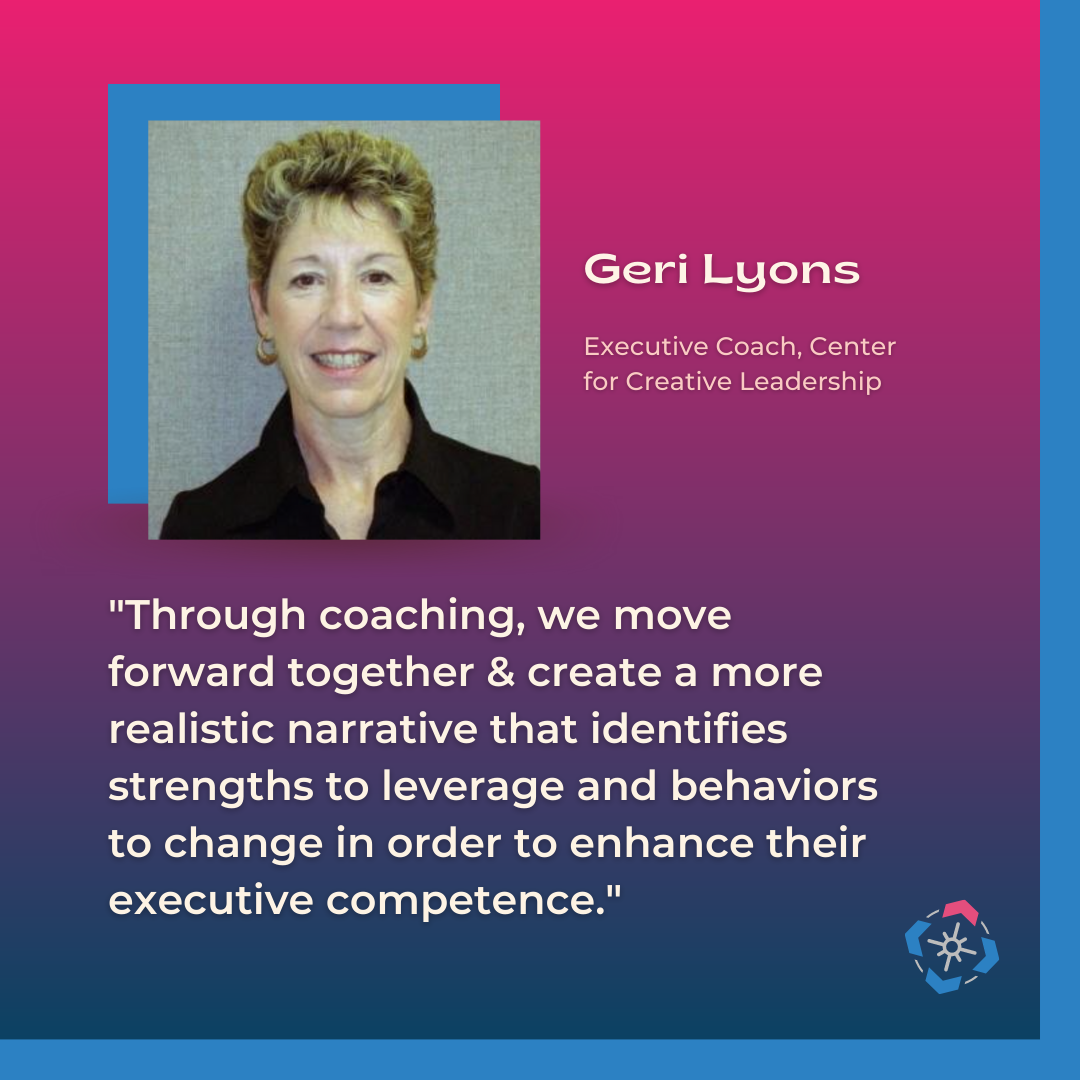 zing their weaknesses. Through coaching, we move forward together & create a more realistic narrative that identifies strengths to leverage and behaviors to change in order to enhance their executive competence.
zing their weaknesses. Through coaching, we move forward together & create a more realistic narrative that identifies strengths to leverage and behaviors to change in order to enhance their executive competence.
Tell us about your experience coaching Shushana. What were your coaching techniques, and how has she grown from the coaching experience?
Vital to all executive coaching relationships is confidentiality and security, which are components of the privacy to which every client is entitled. Without written consent, I am not permitted to answer this question.
Generally speaking, the assessment data in conjunction with the coaching conversation identify strengths to leverage and behaviors to change for greatest impact. Clients lead the way by sharing their reactions to the assessment reports and by defining one or two goals that emerged from the assessment process. During the post program coaching, client and coach together discuss the development plan – what is working and what is not working – and they change course if necessary. The coach may recommend some additional reading and/or assign homework exercises/activities focused on practicing new behaviors.
It is important to remember that every step along the way is driven by the client in collaboration with the coach.
_______
Shushanna Abovyan is Editorial and Engagement Manager with LeaderStories.org, and an Atlas Corps alum.
Dr. Geri Lyons is an executive coach who works with nonprofit and private sector clients. She offers assessment, feedback, small group facilitation, & coaching to managers enrolled in executive education programs. With her collaborative nature of executive coaching, Geri partners with clients to create a learning environment that fosters personal growth & professional enrichment.

